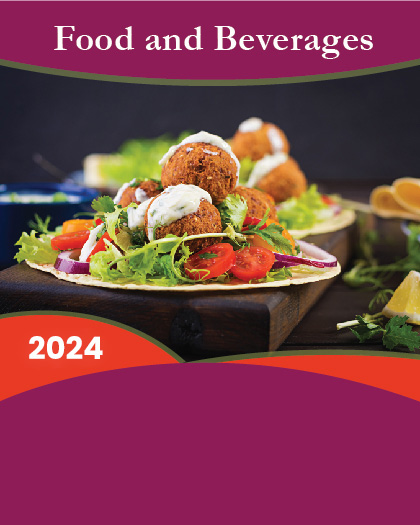
The Global Food Processing Machinery Market is projected to grow from approximately USD 95.75 billion in 2023 growing at a compound annual growth rate (CAGR) of 5.71% during the forecast period 2024-2032. This growth is driven by evolving consumer lifestyles, which are characterized by a rising preference for convenient, ready-to-eat food products. As consumers increasingly seek time-saving solutions, the demand for advanced food processing equipment that can efficiently produce a wide variety of convenience foods is surging. This trend is particularly evident in emerging markets, where economic development and greater access to international goods are driving significant changes in dietary habits, including a notable increase in the consumption of processed foods.
The growing demand for processed foods in developing nations, coupled with government incentives such as equipment reimbursements, is fueling the expansion of the food processing machinery market. In countries like India and China, the food processing industry has seen rapid transformation due to economic growth and market openness, with meat processing equipment emerging as one of the fastest-growing segments. In developed regions such as Western Europe, North America, and Canada, there is strong demand for processing and packaging equipment, particularly in the bakery and beverage industries. The rise in popularity of functional beverages, for example, is driving the need for specialized equipment in the production of non-alcoholic drinks and dairy-based beverages.
Technological advancements are playing a pivotal role in the food processing machinery market, with manufacturers increasingly adopting automation, robotics, and IoT technologies to enhance operational efficiency. The integration of smart sensors and AI-driven analytics into processing equipment allows for real-time monitoring, predictive maintenance, and data-driven decision-making, further boosting the market's growth. Leading companies are focused on providing high-efficiency machinery to meet the demands of food processors and are investing in new capabilities to attract a broader customer base.
The key regions considered in the study include Asia Pacific, North America, Europe, Latin America, and the Middle East and Africa. The dominating region in the Food Processing Machinery Market is Asia-Pacific. This dominance is driven by the region's rapidly expanding food and beverage industry, particularly in countries like China and India. The increasing population, rising disposable incomes, and changing dietary preferences are leading to higher demand for processed and packaged foods. Additionally, the growth of the middle-class population and urbanization have further fueled the need for efficient food processing machinery. Moreover, the region's strong agricultural base provides a steady supply of raw materials, encouraging investment in advanced food processing technologies to meet the growing consumer demand.
Major market players included in this report are:
Buhler AG
Krones AG
JBT Corporation
Marel
Tetra Laval
GEA
Anko Food Machine
Atlas Pacific Engineering Co. Inc.
Bean (John) Technologies Corp.
Hosokawa Micron Corp.
Nichimo Co. Ltd
Satake Corp.
SPX Corp.
Tomra Systems ASA
Basak Traktor
The detailed segments and sub-segment of the market are explained below:
By Type:
Processing Machinery and Equipment
Packaging Machinery and Equipment
Utilities
By Application:
Dairy and Dairy Alternatives
Meat/Seafood and Meat/Seafood Alternatives
Bakery and Confectionery
Beverages
Fruits, Vegetables, and Nuts
Other Applications
By Region:
North America
United States
Canada
Europe
United Kingdom
Germany
France
Italy
Spain
Rest of Europe
Asia-Pacific
India
China
Japan
Australia
Rest of Asia-Pacific
Latin America
Brazil
Mexico
Rest of Latin America
Middle East and Africa
South Africa
Saudi Arabia
Rest of Middle East and Africa
Years considered for the study are as follows:
Historical year - 2022
Base year - 2023
Forecast period - 2024 to 2032
Key Takeaways:
Market Estimates & Forecast for 5 years from 2024 to 2032.
Annualized revenues and regional-level analysis for each market segment.
Detailed analysis of geographical landscape with country-level analysis of major regions.
Competitive landscape with information on major players in the market.
Analysis of key business strategies and recommendations on future market approach.
Analysis of competitive structure of the market.
Demand-side and supply-side analysis of the market.
























